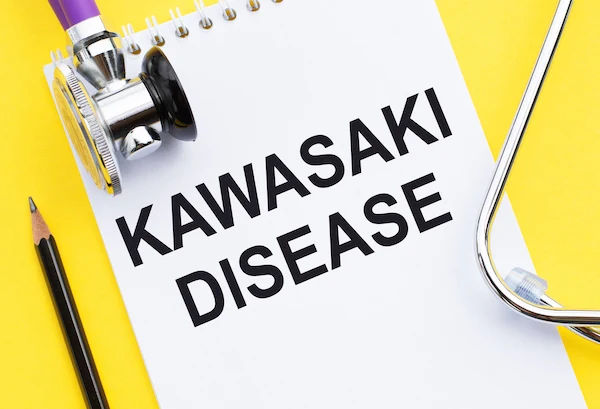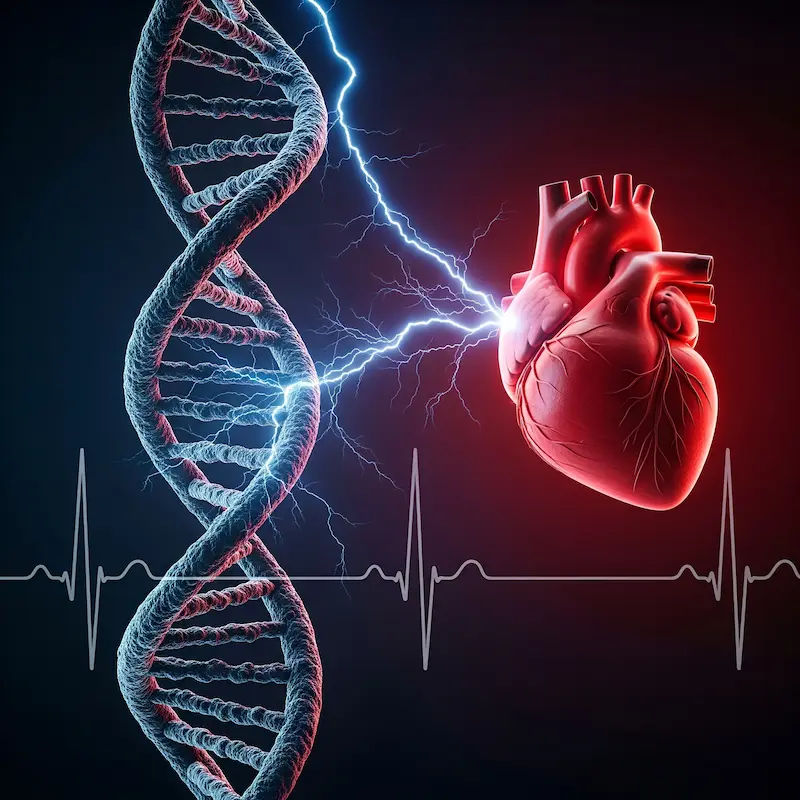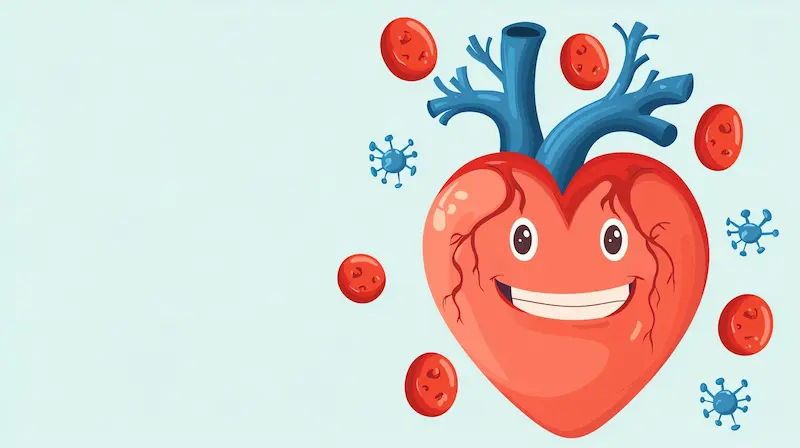- female
- 2 Years
- 29/01/2025
I'm really worried about my baby girl. She's only 2 months old and was born preterm at 35 weeks. The doctors say she has a 6mm VSD, 3mm ASD, and moderate PDA, all left to right shunt. Her weight is 3.5kg right now. We've spoken to 23 pediatric cardiologists and they all recommend surgery, but were confused about the timing. Some say it should be done immediately, others suggest before she turns 6 months, or when she reaches 1 year and weighs about 10kg. Right now, she seems to be okayshe's gaining weight, feeding well, and has no symptoms related to the VSD. We just want to make the right decision for her. When would be the best time for the surgery?
Answered by 1 Apollo Doctors
In the case of your daughter with VSD, ASD, and PDA, the decision for surgical correction depends on various factors such as the size of the defects, the presence of symptoms, and the overall health of the baby. Since your daughter is currently asymptomatic and is gaining weight normally, the timing of the surgery can be a bit more flexible. Considering the moderate size of the defects and the left to right shunt, it is generally recommended to wait until the baby is a bit older and bigger before considering surgery. Most pediatric cardiologists suggest performing the surgery before the baby reaches 1 year of age or weighs around 10kg. This allows for the baby to grow and develop, making the surgery safer and potentially reducing the risk of complications. It is important to continue monitoring your daughter closely for any signs of distress or worsening symptoms. Regular follow-ups with the pediatric cardiologist are crucial to track the progress of the defects and determine the optimal timing for the surgical correction.
Dr. Dhankecha Suggests...
Consult a Paediatric Cardiologist
Answered 04/07/2025
0
0

More Paediatric Cardiology Health Queries
View allI'm able to feel my son's heartbeat just by placing my hand on his chest. He's 3 years old and usually very active, but we don't notice this with anyone else in our family, not even our 8-month-old daughter. Should we be concerned about this?
treating stomach ulcers and gastroesophageal reflux disease (GERD). *Expected Side Effects* Loose motions (diarrhea) are a common side effect of Pantocid HP Kit, occurring in up to 10% of users. *Next Steps* 1. *Consult your doctor*: Inform your doctor about the lack of improvement and the side effect. They may adjust your dosage or recommend an alternative medication. 2. *Monitor your symptoms*: Keep track of your stool frequency, consistency, and any other symptoms. 3. *Hydration*: Drink plenty of fluids to compensate for the loose motions. 4. *Probiotics*: Consider taking probiotics to help maintain a healthy gut microbiome.
Answered by 1 Apollo Doctors
I'm concerned about my 2-year-old. He has a heart murmur and is scheduled for a heart scan in a couple of months. I've noticed he gets nosebleeds every few months as well. Could the nosebleeds be connected to the murmur? Should I be worried about this combination of symptoms?
Nose bleeds and heart murmurs are not typically directly related. Nose bleeds in children can be caused by various factors such as dry air, allergies, or minor trauma. However, in some cases, certain heart conditions can lead to bleeding disorders which may manifest as nose bleeds. It is important to wait for the results of the heart scan to determine if there is any connection between the two issues. In the meantime, you can consult with a pediatrician to address the nose bleeds and monitor your child's symptoms.
Answered by 1 Apollo Doctors
I'm worried because I've just found out that there's a small hole in my baby's heart during the third trimester. Is this something normal or should I be concerned? What steps should I take or what should I be prepared for?
In the 3rd trimester, a small hole in the baby's heart can sometimes be detected. This is known as a ventricular septal defect (VSD). In most cases, small VSDs close on their own without any treatment. However, it is important to follow up with your healthcare provider for monitoring. If the VSD is large or causing symptoms, medication such as Digoxin may be prescribed to help the heart work more efficiently. In rare cases, surgery may be needed to repair the hole. The dosage and duration of medication will be determined by your healthcare provider based on the specific situation.
Answered by 1 Apollo Doctors
Disclaimer: Answers on Apollo 247 are not intended to replace your doctor advice. Always seek help of a professional doctor in case of an medical emergency or ailment.





